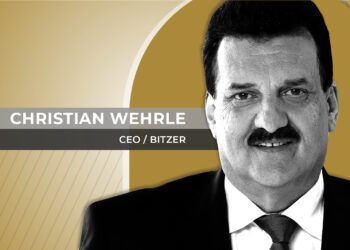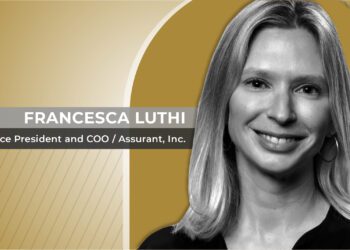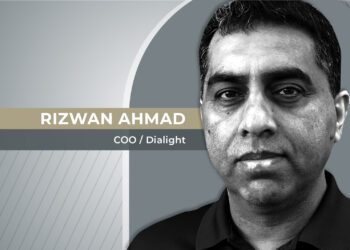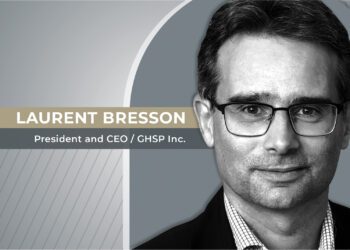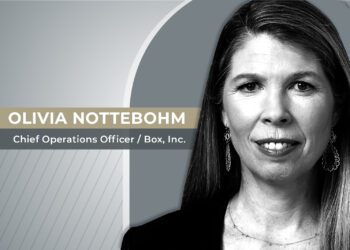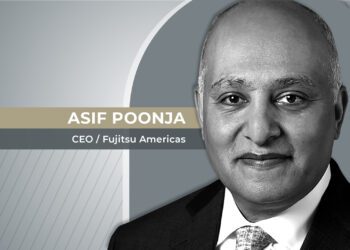For Ray Hatch, CEO of Quest Resource Management Group, disruption in the industry is both a challenge and an opportunity.
As pressure grows for businesses to find more sustainable solutions to waste management, so is the demand for companies in the waste management industry to discover new ways to recycle and reuse materials.
For Ray Hatch, President and CEO of Quest Resource Management Group, this presents a substantial challenge, but also an exciting range of opportunities as his company turns to technology and innovation to tackle this increasingly important issue.
Quest Resource Management Group is an environmental and sustainability management company providing specialized services for clients’ sustainability needs and waste stream management. Quest manages recycling efforts for clients in a variety of industries including retail, automotive, hospitality, food service, manufacturing, construction, and more. By leveraging a nationwide network of service providers, Quest is able to manage more than 100 different waste streams for over 20,000 locations across North America.
“It’s a large and inevitably growing industry because we’re always going to have waste, and there’s going to be more of it than ever,” Hatch told CEO Magazine in an exclusive interview. “Yet there are very few truly national players that can truly cover every zip code, and that fragmentation really leads to some great opportunities that the company can take advantage of.”
Ray Hatch boasts 25 years’ experience in the waste management and food service industries, including at companies such as Oakleaf Waste Management and US Foods, and admits he was strongly attracted to an industry that is evolving rapidly as the push towards sustainability and groundbreaking technology combine to present new solutions to old problems.
“The evolution of the industry is being driven by a desire on the part of companies to achieve zero waste and that demands us, as service providers, to innovate,” he said. “There are more and more materials that are going to be reused and those that can’t are going to be replaced by reusable ones. That’s really the evolution:, moving more and more towards sustainability and less towards landfills.”


The push towards sustainability
According to Hatch, businesses are being motivated to embrace sustainability by two principal factors. One is that concern for the environment on the part of consumers is growing rapidly. Secondly, regulatory compliance is also forcing the hand of firms by determining what kind of waste can go into landfills and what can’t. Finally, businesses are faced with the challenge of what they can do with their waste materials if they can’t deposit them in landfills.
“The biggest challenge we have is the gap between the need and desire for businesses to be sustainable, and the ability for them to do so from an infrastructure standpoint. The economics of recycling and reusing materials has got to improve to make it work for businesses. Basically, what that boils down to is that the more people grasp the need to recycle and divert products from landfills, the more the market is going to respond in infrastructure to support that. That’s where we’re headed.”
The result is that Quest is heavily focused on innovating the waste management industry with a view to supporting this infrastructure and making it easier for clients to meet their sustainability needs and improve their business operations more generally through the use of technology.
Embracing technology
“As an asset light company, technology is obviously very valuable to us, primarily as a communications tool,” Hatch elaborated. “For example, we have a portal where the businesses we serve can sign in and see all of the activity across all their waste streams. We collect every data point on waste management at all their locations. Those data points show the quantity, frequency, and type of material that’s being picked up, and how it was recycled, treated or landfilled. We have some customers that have almost 100 different types of materials and waste streams, and we classify them all separately.”
For Hatch, this process serves two important purposes. Firstly, it enables clients to view the ultimate destination of their waste—where it’s going, how it’s being utilized, and how it’s being processed. This can prove invaluable for customers that need to create sustainability reporting. The second way in which it helps clients is in enabling them to track whether, and to what extent, their business practices are being implemented, thus translating into business operations data.
“You’ve heard the old adage that if you want to learn something about somebody, you look through their trash, and it’s the same thing with businesses,” Hatch explained. “When you look at their waste streams, a lot of things that corporate HQ thinks is happening at the locations, is actually different at a specific location. And by tracking all this data, they can not only report, they can also learn about the business practices at their locations. Are they adhering to the best practices? That’s when waste data is actually less about telling them about waste and more about telling them about their businesses and their operations.”
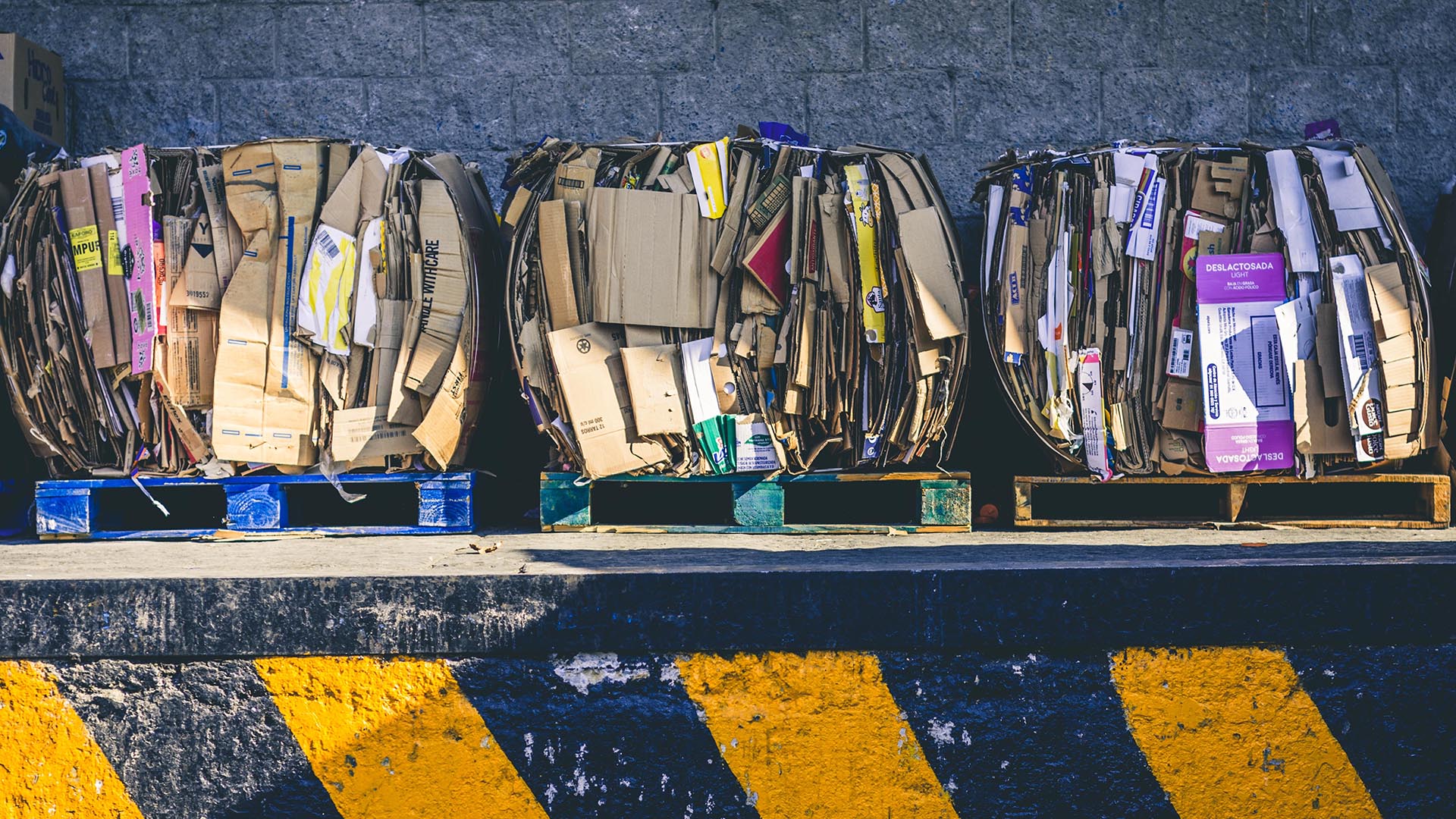

The future
As a company, Quest insists that it cannot make all waste disappear, but that it comes very close, creating custom-built programs for its clients’ operations that maximize the amount of material recycled and saving the client time and money while complying with local, state, and federal regulations. Not being tied to any particular recycling technology allows Quest to build a program that fits the workflow of its clients and provides them with a roadmap to get to zero waste sooner rather than later.
“The types of end products from waste is changing and evolving,” Hatch explained. “We see advancement in the types of these products from recycled materials. There are a lot of things being done with materials that we can recycle today and can turn into things that we couldn’t in the past. More importantly, tomorrow, there are going to be a lot more. So you have technology on the information side, and you have technology on the handling of the waste side which turns it into something of value.
“There are a lot of things going on in the industry right now,” he added. “New programs for food waste, for example. But there are a lot of things going on that are not ready for primetime, meaning the concepts are good, but maybe the economics are not quite there yet. One of the beauties at Quest is that we’re very nimble and can adapt quickly, because we don’t own hard assets like landfills or refineries or recycling facilities themselves.”
Strategic alliances
Hatch was keen to stress that the strategic partnerships Quest enjoys have been critical in propelling it forward, with the company utilizing an entire network of service providers across North America which support them in providing waste sustainability solutions and which results in a win-win situation for its subcontractors, clients, and Quest itself.
“Because our subcontractors, by and large, are local and regional suppliers, being able to service national accounts through Quest is a great opportunity for them, and in turn, we’re able to help our clients receive outstanding service. Those alliances are absolutely vital to both our success, and that of our partners.”
“We’ve utilized communications technology in our partnerships with our subcontractors to do that (…) So on a go-forward basis, we see that expanding more and more. We see recycling and sustainability growing as a concern of businesses, and in turn, Quest will grow alongside that. Above all, we want to continue to provide better solutions and become more important to businesses.”
As president and CEO, Ray Hatch is most proud that Quest created the first national platform for businesses with a view to opening up opportunities for them to divert millions of tons from landfills and act as a singular supplier across customers’ waste streams at a national level.



